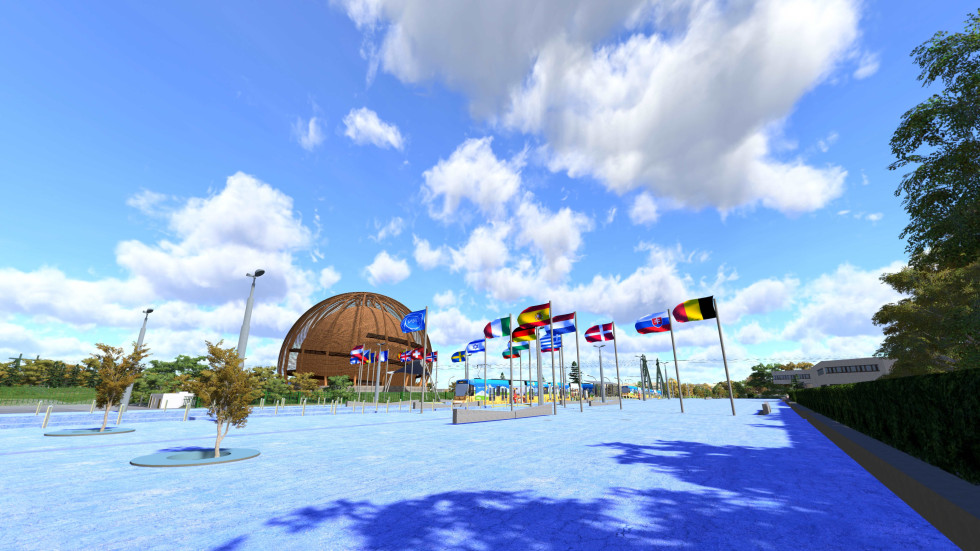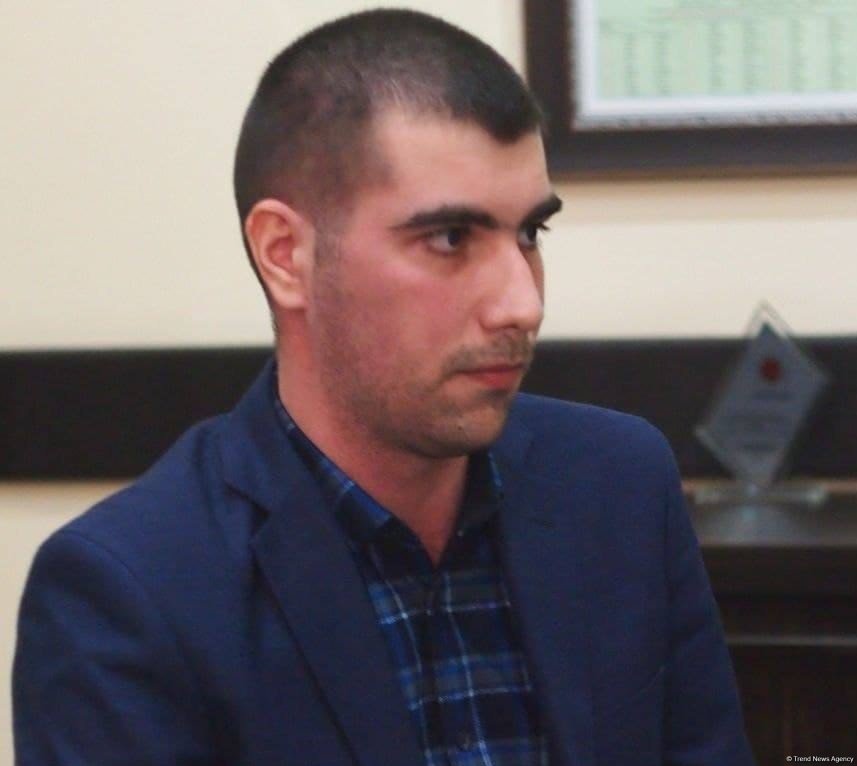BAKU, Azerbaijan, June 23. Slovenia officially became the 25th full member of the European Organization for Nuclear Research (CERN), announced today by one of the most prestigious international organizations, Trend reports citing the country's government website.
“Full membership of Slovenia is an exceptional recognition of our science, researchers, and scientists. Moreover, it confirms and strengthens Slovenia’s reputation as a country that builds its future on knowledge and science. Besides natural beauty, knowledge is the only true natural wealth of our country, which is why we have allocated record financial resources to science, research, and innovation. To ensure this continues, we have included an obligation in the law on scientific research and innovation activities to increase funding annually,” said Igor Papič, Minister of Higher Education, Science, and Innovation, commenting on Slovenia’s remarkable achievement.
Slovenian scientists are well acquainted with CERN.
“We have long-standing cooperation with Slovenia. Its scientists have been collaborating for decades on the ATLAS project,” said CERN Council President Costas Fountas upon the news of Slovenia’s full membership. CERN also values Slovenian expertise; in March this year, Andrej Gorišek from the Jožef Stefan Institute assumed the role of principal coordinator of the ATLAS detector, currently CERN’s leading instrument — the Large Hadron Collider.
Despite many years of cooperation, June 21 marked a fundamental change with full membership — Slovenia became co-owner of CERN’s scientific research infrastructure, one of the most significant in the world.
“I am very pleased to welcome Slovenia into our community of full members. The country and its researchers will gain new opportunities in fundamental research, technology development, education, and training,” said CERN Director-General Fabiola Gianotti. The economy will also benefit from new opportunities for collaboration with CERN. Slovenia will have unlimited access to public tenders. Full membership also opens up employment opportunities for Slovenians at CERN, which requires not only scientists but also support staff.
Since full membership is a great honor, CERN marks each new member’s entry with a ceremonial raising of their national flag. This ceremony will take place in Geneva at CERN’s Esplanade des Particules on July 3, just before noon, with the CERN Honor Guard raising the flag in the presence of Slovenian political leaders, CERN management, and invited guests.
Among the Slovenian participants will be Prime Minister Robert Golob, Minister of Higher Education, Science and Innovation Igor Papič, State Secretary for Science and Innovation and CERN Council member Jure Gašparič, and Ambassador in Geneva Anita Pipan. Representatives of higher education and scientific research institutions, the economy, and politics have also been invited.
Slovenia was indirectly already a full CERN member — in fact, it could be said to be one of the founding members. Among the 12 countries that signed the founding act in 1953 (when the organization officially launched the following year) was Yugoslavia, which withdrew from CERN in 1961. After 64 years, Slovenia “returns” as a full member.
The idea to establish CERN was born after World War II when a group of scientists agreed that Europe must return to the map of prominent scientific research centers and that science must be used exclusively for peaceful purposes. The commitment to science and peace is reflected in CERN’s relationships. During the Cold War, it was one of the few organizations where scientists from the West and the then Soviet Union cooperated. CERN, with its work and message — “science for peace” — is extremely important not only for the scientific community but for the entire world.
Stay up-to-date with more news on Trend News Agency's WhatsApp channel







